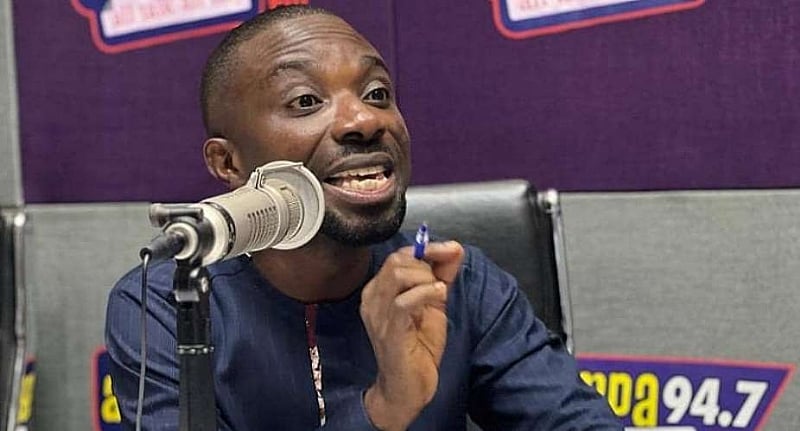In a recent media briefing, Dennis Miracles Aboagye, Communications Director for Dr. Mahamudu Bawumia’s campaign with the New Patriotic Party (NPP), has sharply criticized Organised Labour’s decision to initiate a nationwide strike starting October 10th. Aboagye drew a parallel between the unions’ actions and the destruction wrought by illegal mining, commonly referred to as “galamsey.” He argued that the strike, which is primarily a protest against the government’s perceived inaction on various labor issues, will harm the very populace the unions claim to protect. According to him, such strikes may deprive Ghanaians of critical services, thereby exacerbating the existing crises in sectors such as healthcare.
Joshua Ansah, Secretary General of the Trades Union Congress (TUC), emphasized that the strike will proceed unless the government takes decisive action to meet their demands. The unions are vocal about their dissatisfaction with governmental proposals, claiming they are inadequate to address their concerns. Their demands include the declaration of a state of emergency regarding small-scale mining, the suspension of such activities temporarily, stronger regulations to protect water bodies, and the revocation of Legislative Instrument (L.I.) 2462 that permits mining in forest reserves. The unions argue that the current legal framework fails to protect Ghana’s natural resources effectively and insist on more stringent measures.
Aboagye countered the unions’ claims by highlighting the government’s previous efforts to combat illegal mining and protect natural resources. He argued that the NPP government has made substantial progress in addressing the galamsey issue, asserting that the government acknowledges the seriousness of the threat posed by illegal mining practices. By drawing attention to the government’s initiatives, Aboagye aimed to position the NPP as proactive in dealing with such challenges, encouraging the unions and other citizens to recognize ongoing efforts rather than resorting to strikes.
Additionally, Aboagye highlighted that strikes could have far-reaching adverse effects on the economy and society. He contended that the threat of a civil strike action would not only worsen the ongoing challenges but also halt essential services that Ghanaians rely on. He reiterated that withholding labor support, especially in critical sectors, is akin to allowing destruction of the environment, drawing another analogy to illegal mining activities. The implication of his statements seems to suggest that such drastic measures could potentially backfire, harming those they intend to help.
The unions’ stance reflects a broader frustration with insufficient governmental action to safeguard natural resources, but critics like Aboagye warn against the unanticipated consequences of their proposed strike. He urged a more collaborative and constructive approach rather than a confrontational one. Aboagye’s comments raise an important question regarding the balance between labor rights and responsibilities, and how political parties and stakeholders can collaboratively work to address pressing national issues without resorting to disruptive actions.
In conclusion, the standoff between Organised Labour and the NPP-led government underscores the complexities surrounding labor rights, environmental protection, and governance in Ghana. As tensions rise over the proposed strike, both sides must navigate these challenges carefully. The call for unity in addressing illegal mining, while also ensuring that labor concerns are met, will be crucial to fostering a sustainable environment and ensuring the welfare of Ghanaians. Aboagye’s caution reflects broader societal fears about the implications of unchecked industrial actions and their potential to derail progress. As discussions unfold, the need for a balanced approach remains evident.


